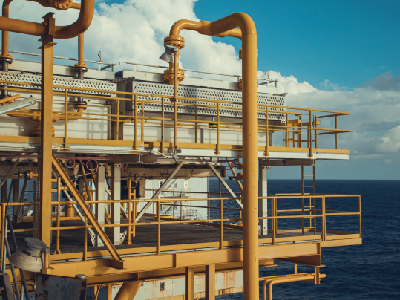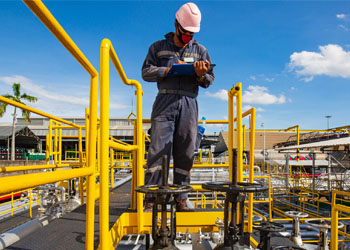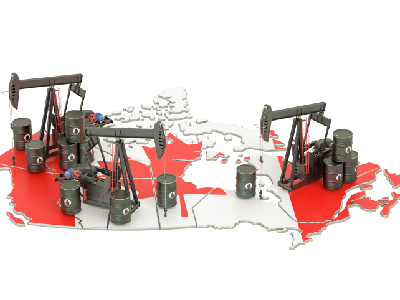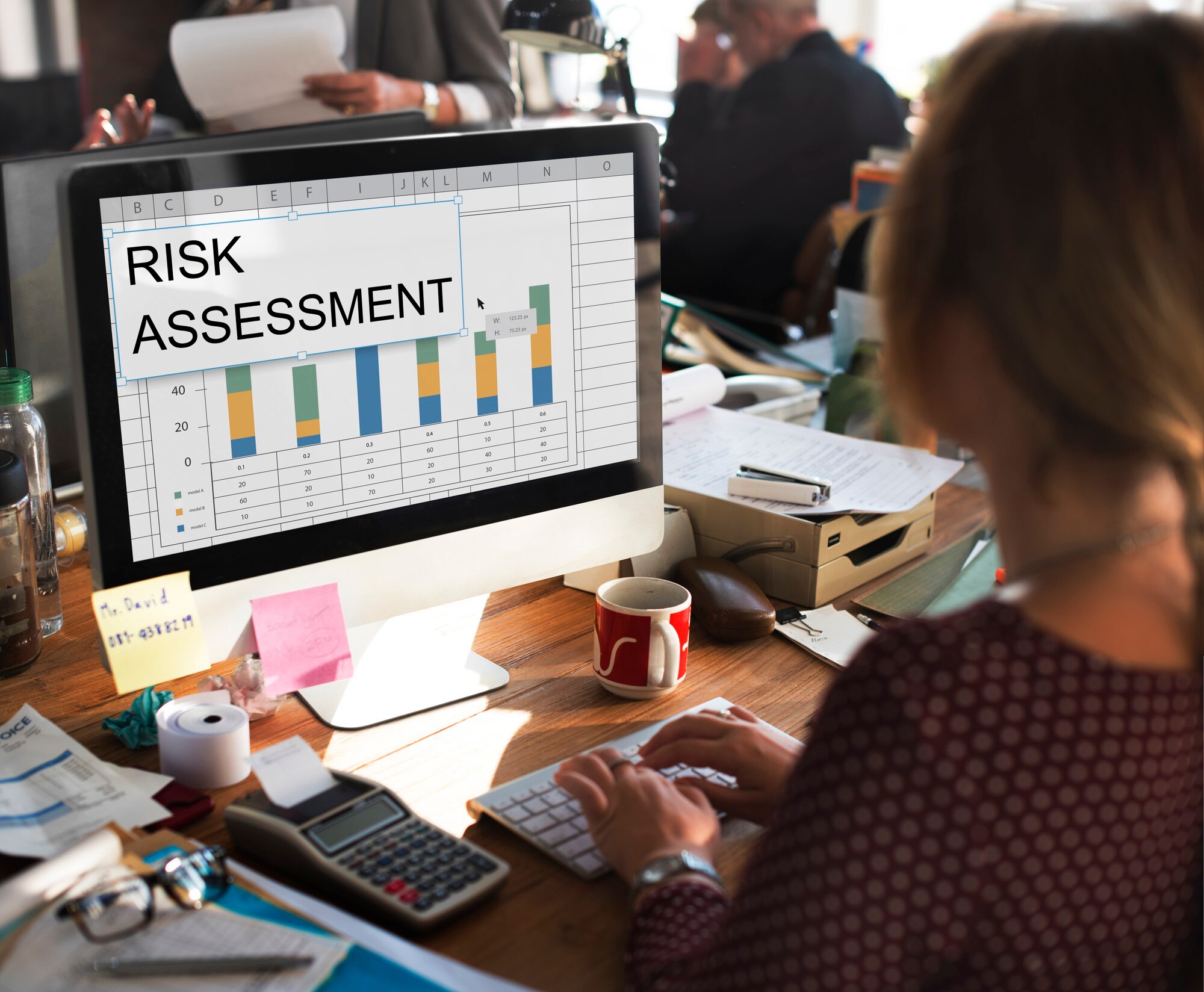Oil well production improvement techniques
Course Overview
Improving oil well production is one of the key challenges facing oil and gas companies, as it requires enhancing production efficiency, overcoming technical issues related to flow, and ensuring production continuity. Improving well production relies on a range of modern technologies and innovations that help enhance well performance, reduce costs, and increase return on investment. This training program aims to equip participants with the knowledge and skills required to use modern techniques to improve oil well production, focusing on best practices and effective solutions in this field.
Course Objectives
- Understanding the fundamentals of oil well production improvement: Familiarizing with the basic concepts and technologies used in improving oil well production.
- Enhancing skills in hydraulic stimulation techniques: Learning how to apply hydraulic stimulation techniques (hydraulic fracturing) to enhance well productivity.
- Developing strategies for production flow management: Gaining the ability to use tools and techniques to optimize fluid flow from wells.
- Applying performance monitoring and management techniques: Learning how to use monitoring and analysis tools to improve production efficiency.
- Exploring the latest advancements in well enhancement technologies: Acquiring knowledge of the latest tools and technologies used to improve oil well productivity.
Target Audience
- Production and maintenance engineers in the oil and gas sector.
- Employees in the management and operation of oil wells.
- Supervisors of operational processes in oil fields.
- Specialists in improving production efficiency and overcoming technical challenges.
- Strategic planning officers and operational management in oil companies.
Course Modules
Understanding the basics of oil well production optimization
- Defining the concept of well production optimization and its importance in the oil industry.
- Review common technical challenges in well production and how to address them.
- How to identify factors affecting well productivity.
- Examples of successful production improvement strategies in industry.
- Develop plans to improve well productivity based on field conditions.
Improving skills in using hydraulic stimulation techniques
- How to apply hydraulic stimulation (hydraulic fracturing) techniques to improve well productivity.
- Strategies for identifying optimal fracturing locations and evaluating results.
- Examples of successful hydraulic fracturing applications in improving production.
- Develop plans to manage hydraulic stimulation operations effectively.
- Evaluate the benefits and challenges of applying stimulation techniques in wells.
Developing strategies for managing production flow
- Techniques to improve fluid flow from wells such as removing sediments and impurities.
- Strategies for managing production flow and preventing blockages.
- Examples of flow management techniques to improve operational performance.
- Develop plans to implement tools and techniques to improve production flow.
- Evaluating the impact of improved production flow on well efficiency.
Implementing performance monitoring and management techniques
- How to use monitoring tools such as gauges and analyzers to monitor well performance.
- Strategies for analyzing operational data and improving production efficiency.
- Examples of using monitoring techniques to control production and predict failures.
- Develop skills in using data to improve performance management.
- Evaluate and continuously improve the effectiveness of monitoring tools.
Learn about the latest developments in well improvement technologies.
- Review of the latest tools and technologies used to improve well productivity.
- Using technology such as artificial intelligence and predictive analytics to improve well performance.
- Examples of applications of modern technology to improve production processes.
- Develop strategies for technology integration into well improvement operations.
- Evaluate the benefits and challenges of applying modern technologies to improve well productivity.
Instructor
Name: Dr. Osama Al-Jawhari
Specialization: Digital Governance and Artificial Intelligence
Certificates: Master’s degree in International Marketing from Hult University, USA, 2012. Postgraduate Diploma in Human Resources Management from the American University in Cairo, 2008. Specialized Certificate in Economics from the University of Edinburgh, UK, 2009.
Core Programs Trained: Biography: Dr. Osama El Gohary is the Chairman of the Information and Decision Support Center (IDSC) of the Egyptian Cabinet, and also serves as Assistant to the Prime Minister. He is one of the youngest to head the center since its establishment in 1985, having assumed this responsibility at the age of 38. He works on developing the country’s digital infrastructure and artificial intelligence applications to enhance government transparency, making him an important speaker on the digital future of governments.
Bio:
- Languages: Arabic
- Program Levels: operational and application level
- Venue: Company Headquarters
- Hours: 20
- Location:



.jpg)







